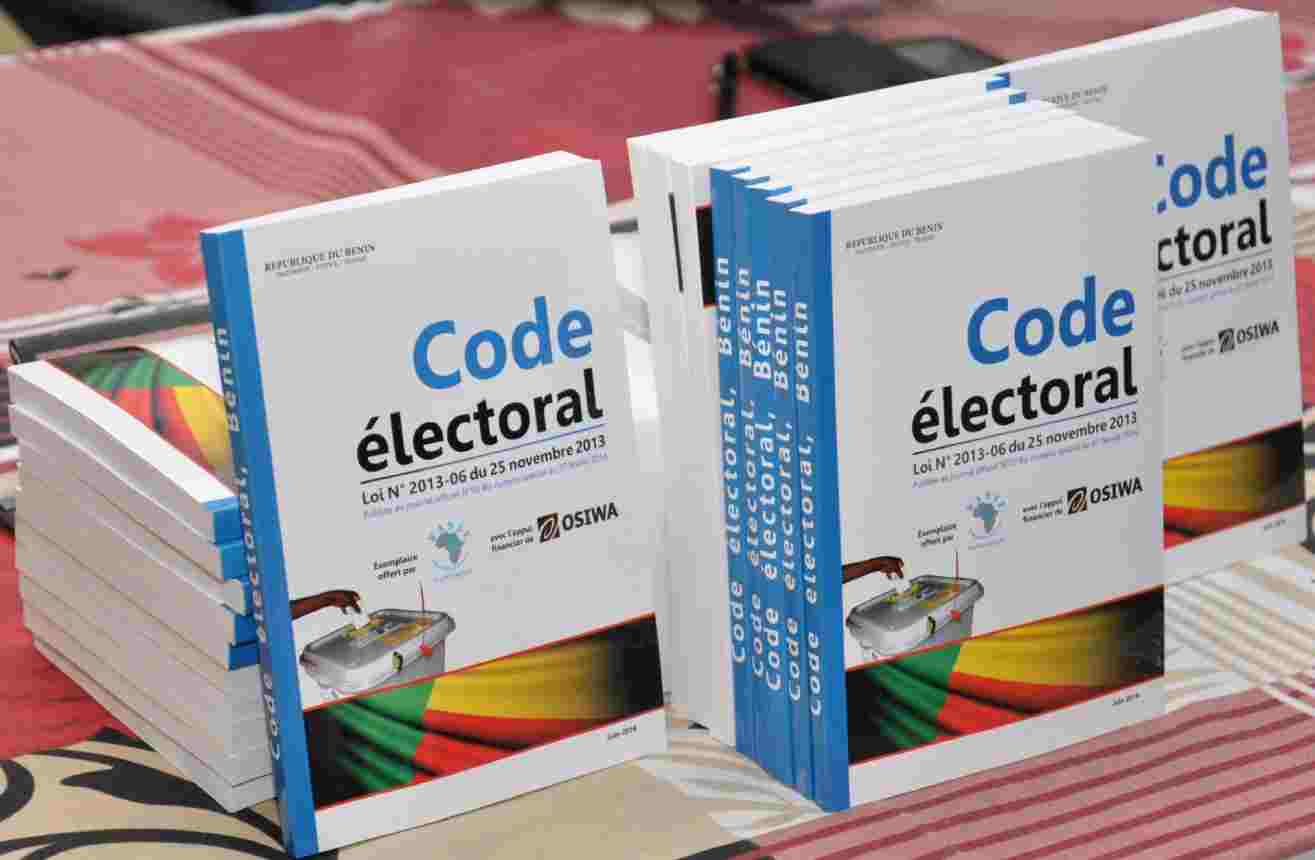Benin’s electoral code: why Jean-Baptiste Elias’s demonstration hits home
In Benin, Jean-Baptiste Elias, president of the National Front of Organizations against Corruption (FONAC), has sparked widespread reaction within political and civil society circles with his breakdown of Article 146 of the new electoral code. Using a numerical simulation, he highlighted the unintended consequences this provision could have on parliamentary representation.

SUMMARY
Speaking on ESAE TV, Elias presented a chart illustrating that, under certain scenarios, a political party receiving more than 60% of the national vote might fail to win a single seat in Parliament. Conversely, coalitions of parties securing as little as 10% nationally could gain seats thanks to a prior parliamentary agreement.
This outcome is made possible by the language of Article 146, which requires political parties to secure at least 20% of valid votes in each of the 24 legislative constituencies to qualify for seat allocation. However, coalitions that meet specific criteria only need to surpass a 10% threshold nationwide.
According to Elias, this mechanism leads to what he calls an “arithmetical injustice.” He cited a hypothetical party obtaining 61.95% of the national vote but failing to cross the 20% threshold in even one constituency. Under the current code, that party would be excluded from parliamentary representation. Meanwhile, smaller coalitions reaching the 10% national mark could gain deputies.
For Elias, this provision runs counter to the spirit of the Constitution, which states that a 10% national vote share qualifies a party for seats—without imposing any per-constituency quota.
Elias’s demonstration has reignited debate over the alignment between the electoral code and the Constitution. For many citizens, the combined requirements (20% per constituency or 10% nationally for coalitions) make Article 146 difficult to reconcile with the principle of effective voter representation.
Supporters of the current law in Parliament argue, however, that the rules are meant to encourage political parties to organize on a national scale and to prevent a proliferation of micro-parties. They also point out that coalition agreements offer a viable path for smaller parties to meet the eligibility thresholds.
Civil society raises concerns
Beyond the threshold issue, FONAC has flagged concerns with Articles 90, 92, and 93, which relate to the centralization and transmission of results. Elias recalled that the Constitutional Court has ruled that party representatives must be provided with copies of vote count records. However, he claimed that this was not consistently applied in past elections. FONAC also advocates for publishing polling station-level results to ensure transparency and facilitate legal challenges if needed.
Despite these criticisms, the current version of the electoral code remains in force for upcoming elections. Parties that oppose certain provisions say they will comply while continuing to call for revisions. Several voices from civil society, religious groups, and political parties are urging adjustments to ensure a more inclusive and credible electoral process.


Comments